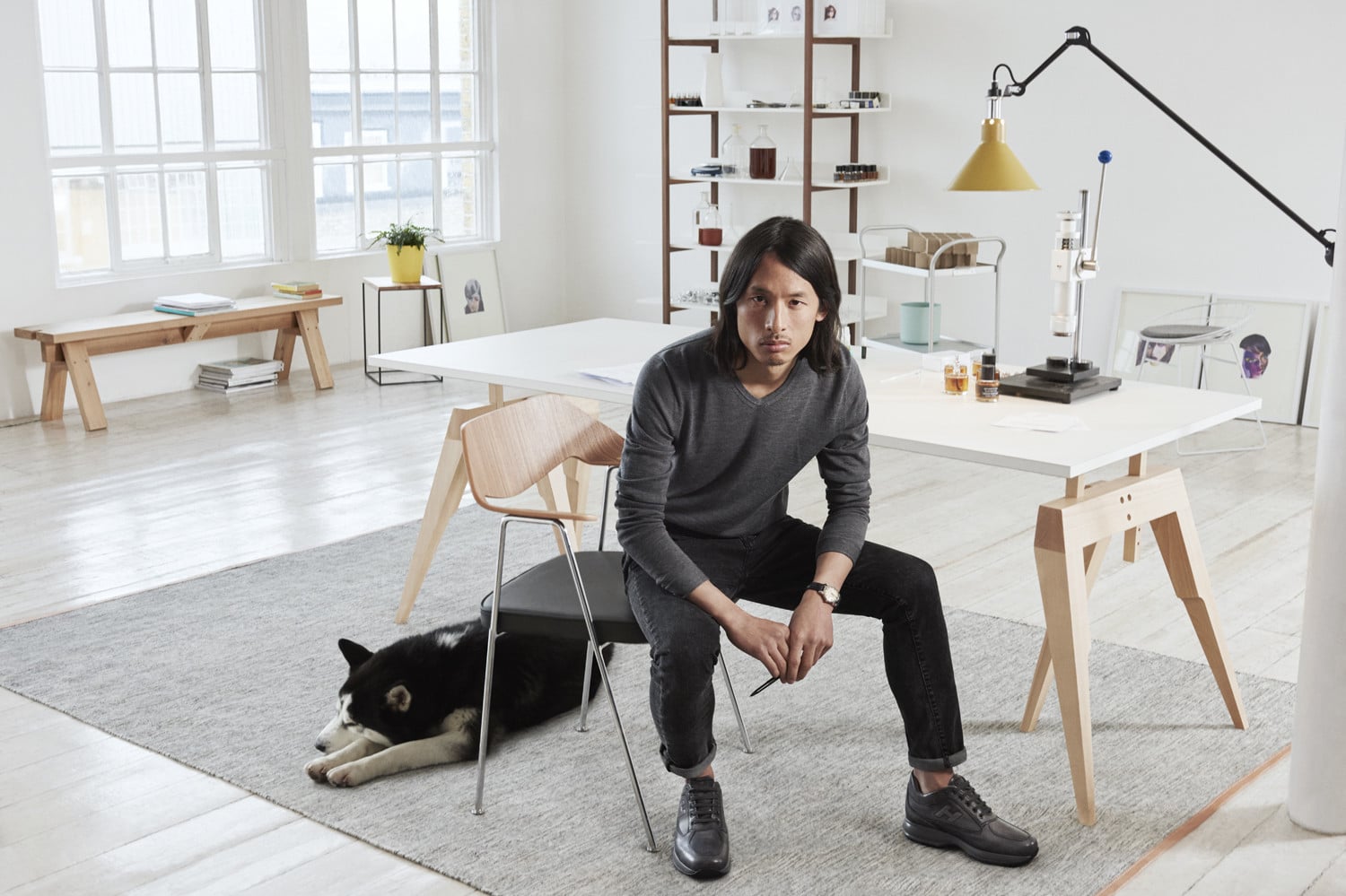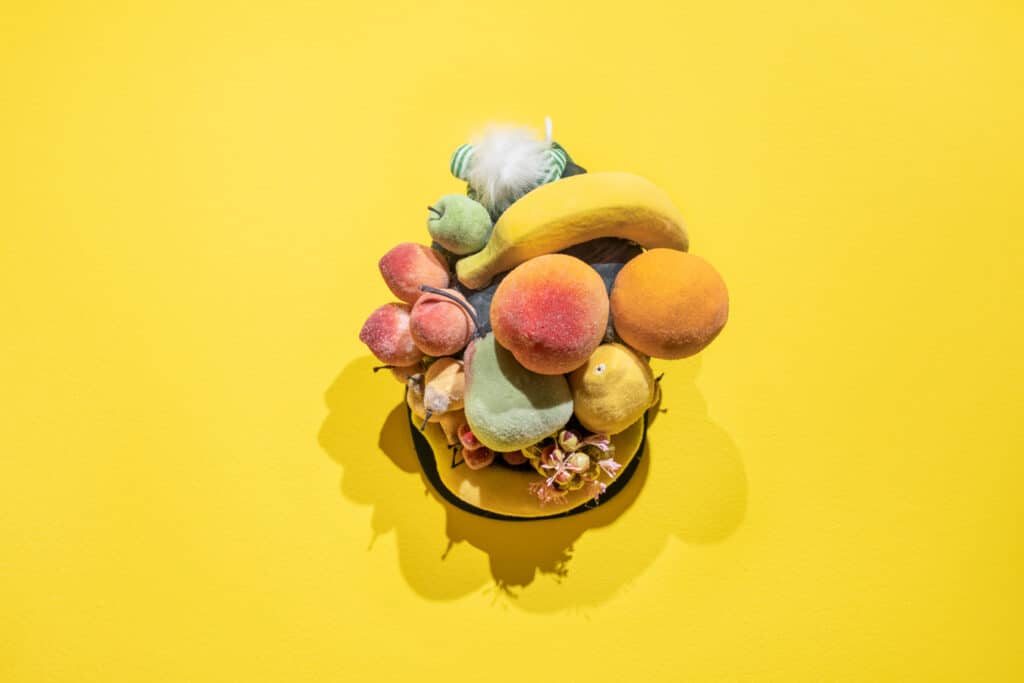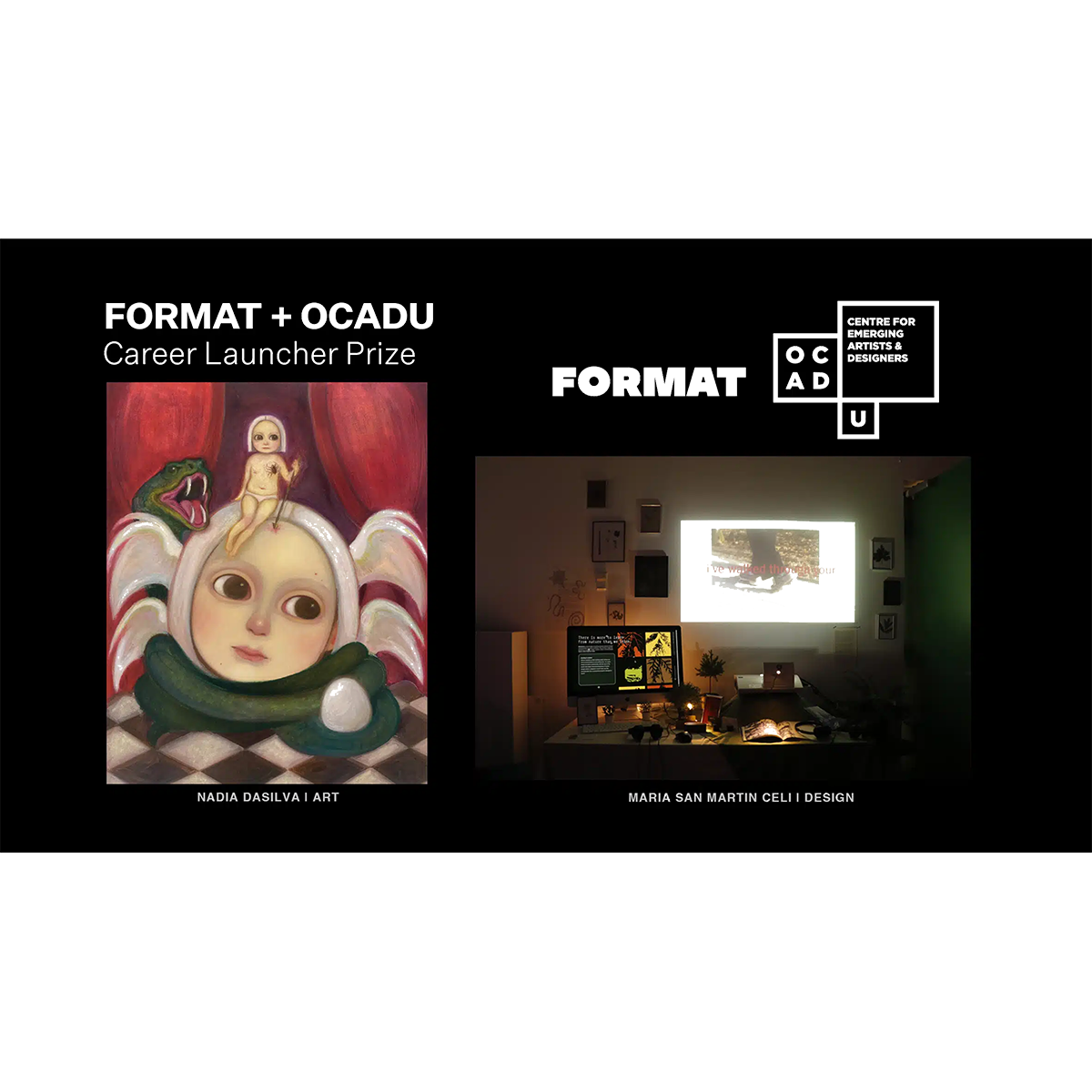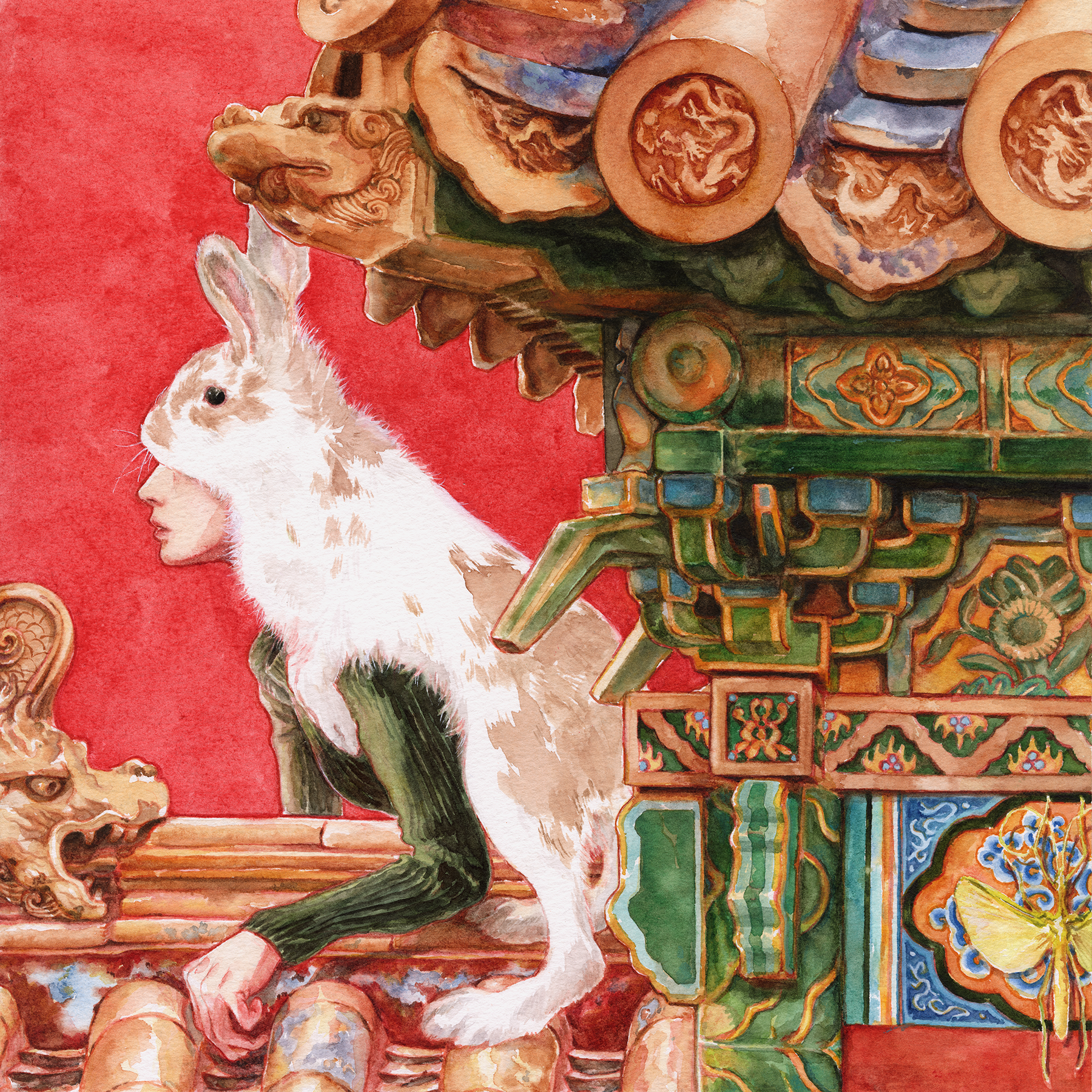Frustrated by boring, predictable perfumes, Timothy Han started making small-batch fragrances in his East London studio. He mixes basil with cedarwood and Indonesian clove for a Simone de Beauvoir-inspired unisex scent called “She Came to Stay” and creates an exotic base note of tonka bean, benzoin and labdanum for bottles of Jack Kerouac-inspired “On the Road”.
The scents are “olfactory stories” intended to take you on a journey of scent, and the literary references are cues for the perfume’s vibe. The attention to detail extends to a display box designed to fit on your bookshelf and limited edition artist prints on every bottle so that it doubles as a unique art object.
Under the moniker Edition, Han’s collection is obsessive about treating fragrance as an art form. Every Edition perfume is identified by its batch number to highlight the subtle variations caused by shifting natural ingredients or Han’s formulaic tweaks. This is a great contrast to what Han identifies as the marketing department deceptions perpetuated by the world’s most popular fashion houses.
“They sell a perfume for multiple years, and they try and say you’re buying the same perfume,” Han told Format. “But that’s not true. Perfume aficionados look for very specific years in a perfume’s life cycle because perfumes change according to people’s tastes, according to natural ingredients, or as regulations change.”
Having embraced the volatility of small-batch production, Han has been hailed as a fragrance visionary. His break-the-mold approach to fragrance is woven throughout the fabric of Edition’s brand philosophy. Instead of creating a single scent designed to stay the same, both the scent and its packaging are designed to evolve with every release.
Han collaborates with friends and artists to create packaging for each small batch edition that are works of art in their own right. Inspired by the reimagined cover art of books published over time, Han wants Edition’s packaging to complete a sensory experience that emphasizes the wearer’s experience of a fragrance as much as its scent profile. We spoke with Han about going your own creative way, and what it takes to make outstanding niche perfumes in a post-LVMH world.
Learn about more creative careers:
How to become a photojournalist
How to become a fashion illustrator
How to become a professional surf photographer
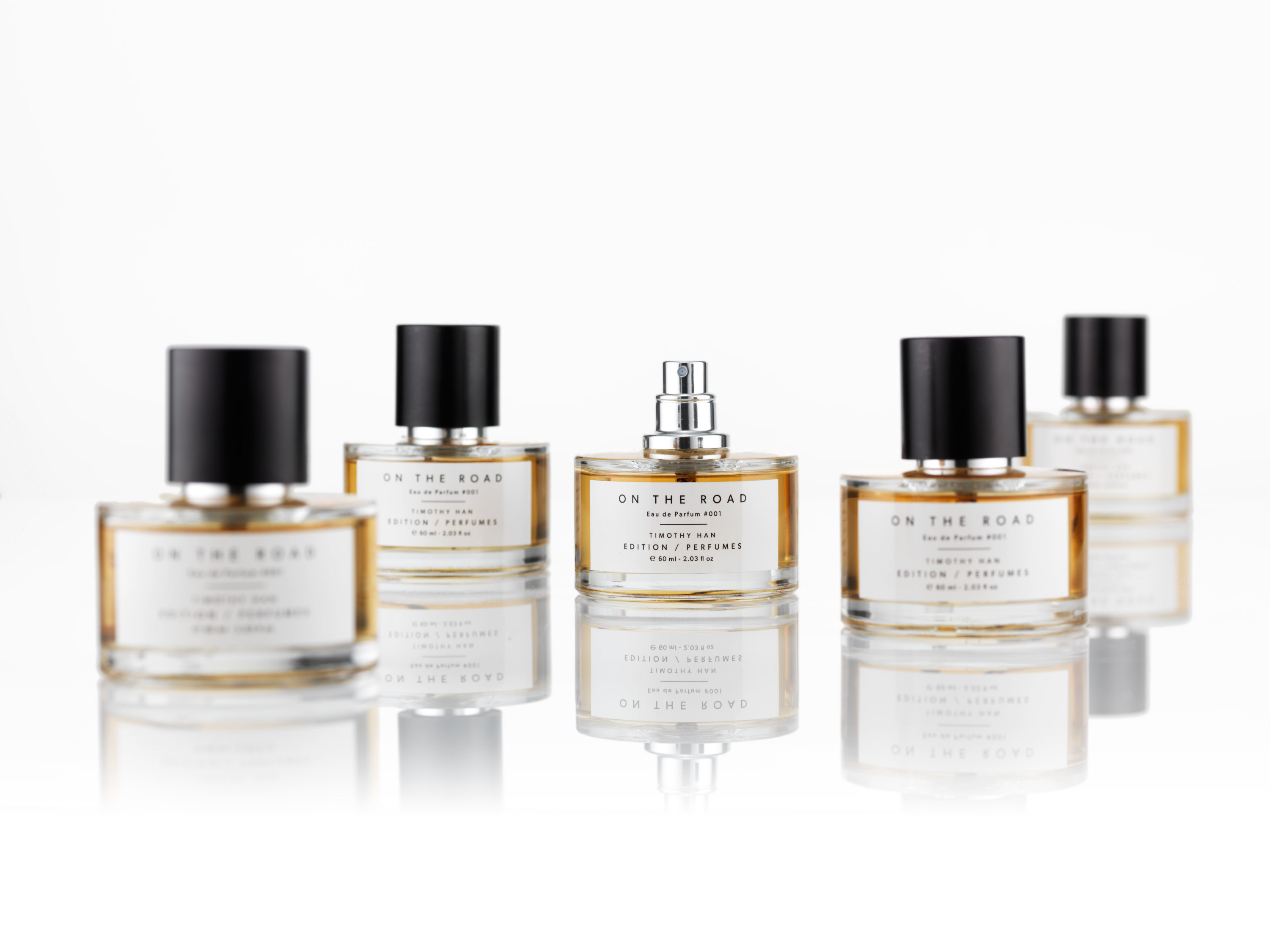
Nobody wants to smell like the five people next to them.
Format: What is it like being an independent perfume maker in a fragrance world dominated by big fashion houses?
Timothy Han: It’s actually quite exciting because it gives you a lot of scope to do things that are outside the norm. I think a lot of customers are becoming more and more disillusioned by the big perfume houses. This is also partially why a lot of perfume houses are starting to try and create their own—I say the word loosely—but their own ‘niche’ perfumes. It’s a very exciting time because the niche market is growing now. Nobody wants to smell like the five people next to them.
Each Edition fragrance is inspired by an iconic literary work, starting with She Came to Stay by Simone de Beauvoir and On The Roadby Jack Kerouac. How did you choose these books in particular?
I read both books before I started creating fragrances. Literature was always important for me because one, I like to read, and two, I always find it annoying when you hear perfumers talking about “the fragrance I created that reminded me of growing up in my mum’s kitchen in Provence, eating fresh whatever.” It’s odd because you as a customer, you don’t personally know that perfumer or what his childhood was like, and yes, you’re smelling the fragrance, but it has no context.
My thought with books was that if I use a book as a base point, you may have read that book, you definitely can read that book, and then you can form your own opinion. Did I interpret it properly, or did I do a crap job? At least then you’ve got some way of engaging on a personal level with that fragrance, which you don’t have if it’s this guy’s childhood from some country you’ve never been to, in a decade when you didn’t exist.
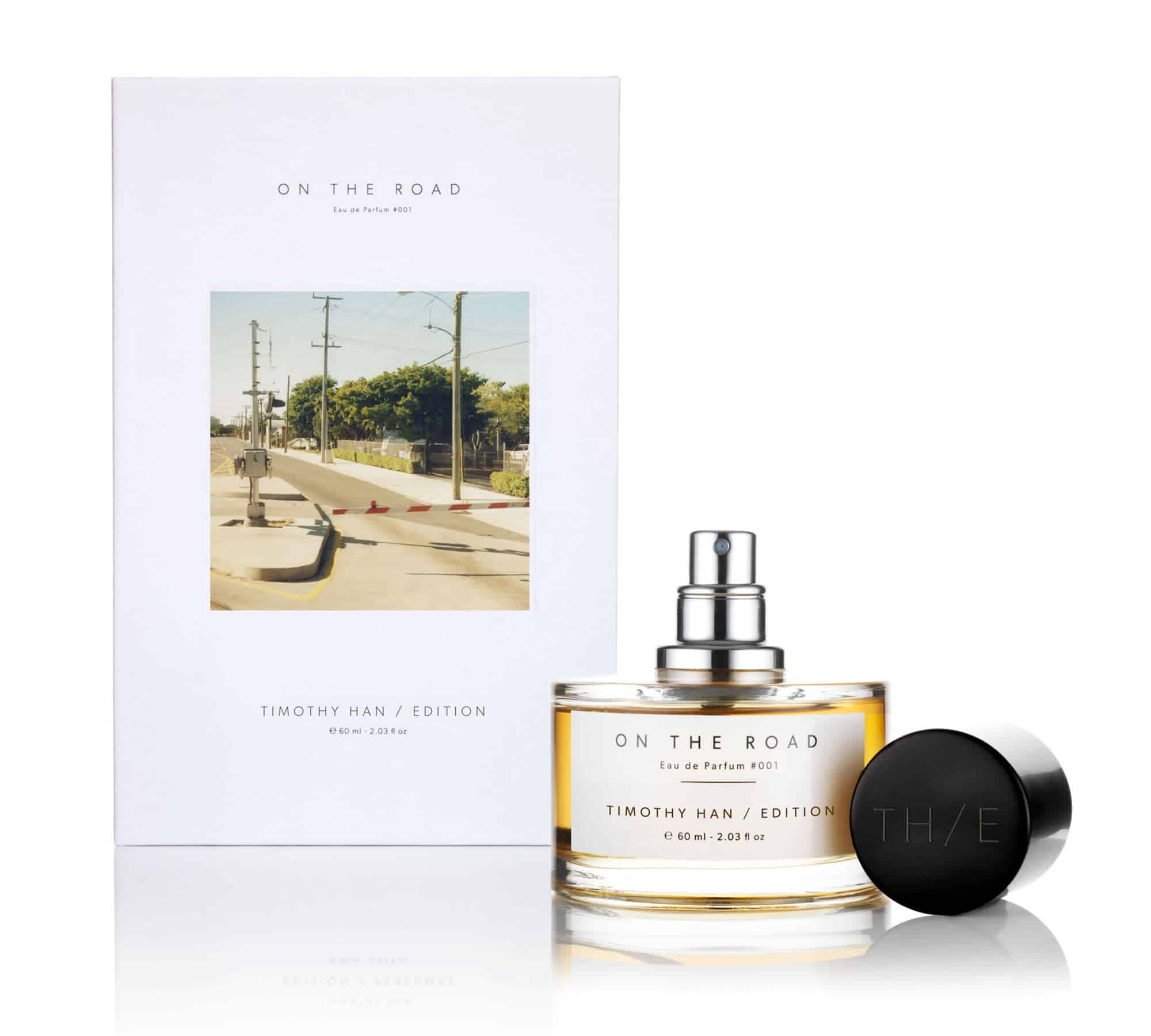
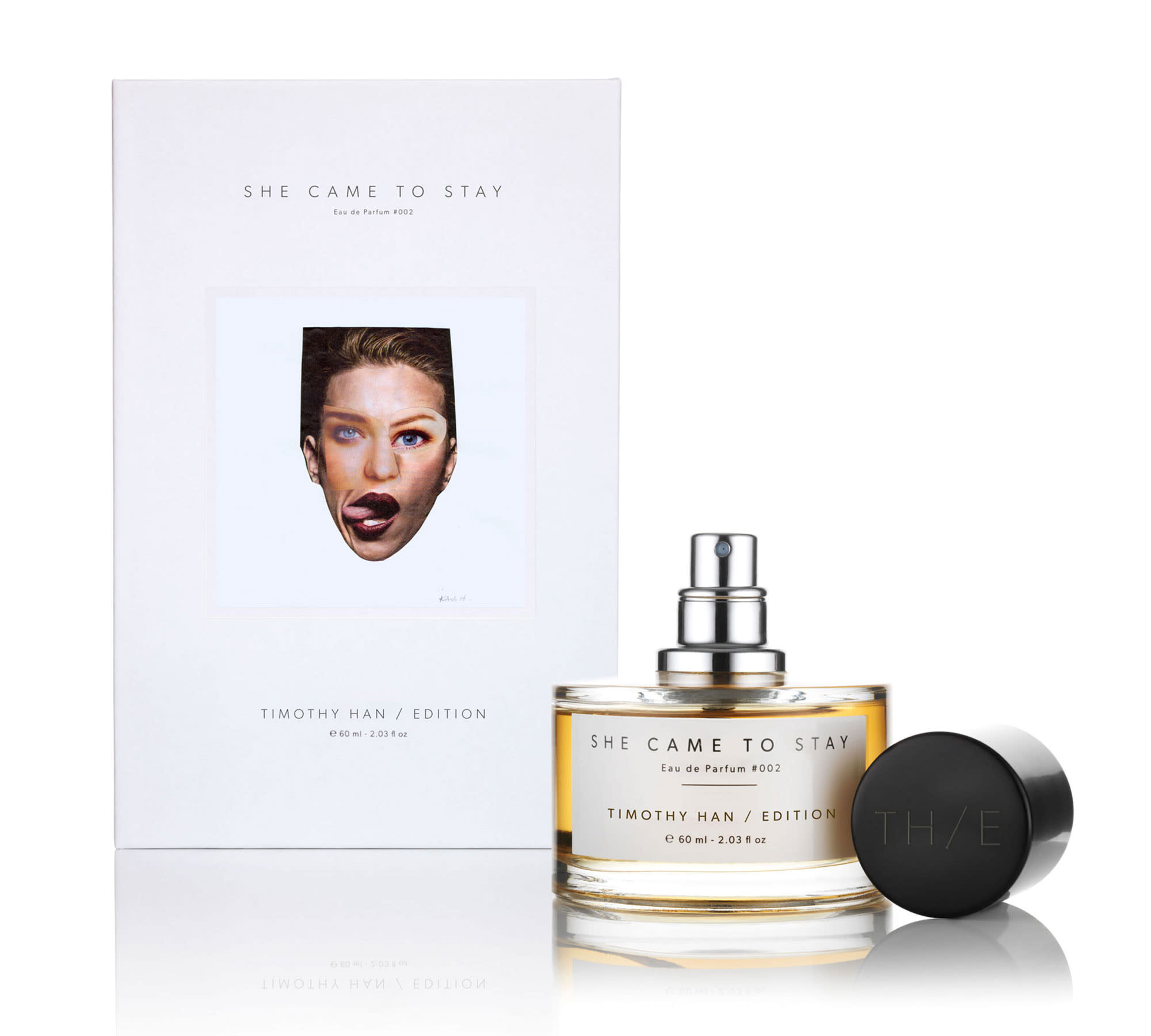
I always find it annoying when you hear perfumers talking about ‘the fragrance I created that reminded me of growing up in my mum’s kitchen in Provence, eating fresh whatever.’
When I read She Came to Stay, I was living in an area of East London called De Beauvoir Town. I wanted to capture the sentiment that I’d felt when reading the book. It’s set on the eve of World War II, there’s a lot of uncertainty in the air, and people are unsure about what’s going on in the world. It’s the story of Simone de Beauvoir and Jean-Paul Sartre, and I felt it really echoed the sentiment in London at the time, particularly in that area of East London, which was developing so quickly. She Came to Stay is based in Northern Paris, in Montmartre—there was a sense of living on the edge of society, or of established society, I should say.
With On The Road, it literally is a story in scent. In the book, Kerouac starts in New York City in July, drives across middle America popping into dive bars, listening to this new era of jazz music, before finally ending up on the Pacific coast in the cedar forests of San Francisco. I wanted to create a fragrance that actually took you on that road trip—the start of the Beat Generation. It opens with that smell of hot tarmac being laid, which fades into open fields of wheat, with a hint of whiskey the slight chaotic madness of cotton pickers. It ends up in this very cedar, citrusy tone. I wanted to tell that story, I didn’t want just a consistent fragrance.
Edition perfumes have been praised for leading with the base note of the fragrance and ending with the top note, reversing the traditional rules of perfume making. Why was it important for you to make this change?
I think perfume is a bit like wine. Relatively speaking, it’s a very simple thing that is very profitable. A lot of people try to make it into this overly complex art to create a perceived high barrier, so you can justify charging £100, £200, £300 for a bottle. But my background isn’t in perfume. I just wanted to create something that smells nice. I didn’t have the formal training to say you should start with the top notes and end with base notes. I just mixed things together and said, “oh, this seems to work!” It was strictly by accident, it wasn’t by design.
What advice do you have for creative individuals who are considering branching out on their own, perhaps leaving behind jobs at big fashion houses or creative firms in order to follow their dreams?
Life is really short, and if you’re not doing the things that you enjoy doing, then what’s the point? If you’re employed by somebody, you are essentially selling your time to someone else. Fragments of your life. You have to figure out how much that’s worth. Life is more interesting when you’re doing what you love and what gives you pleasure.
Find out more about Timothy Han’s Edition perfumes here.
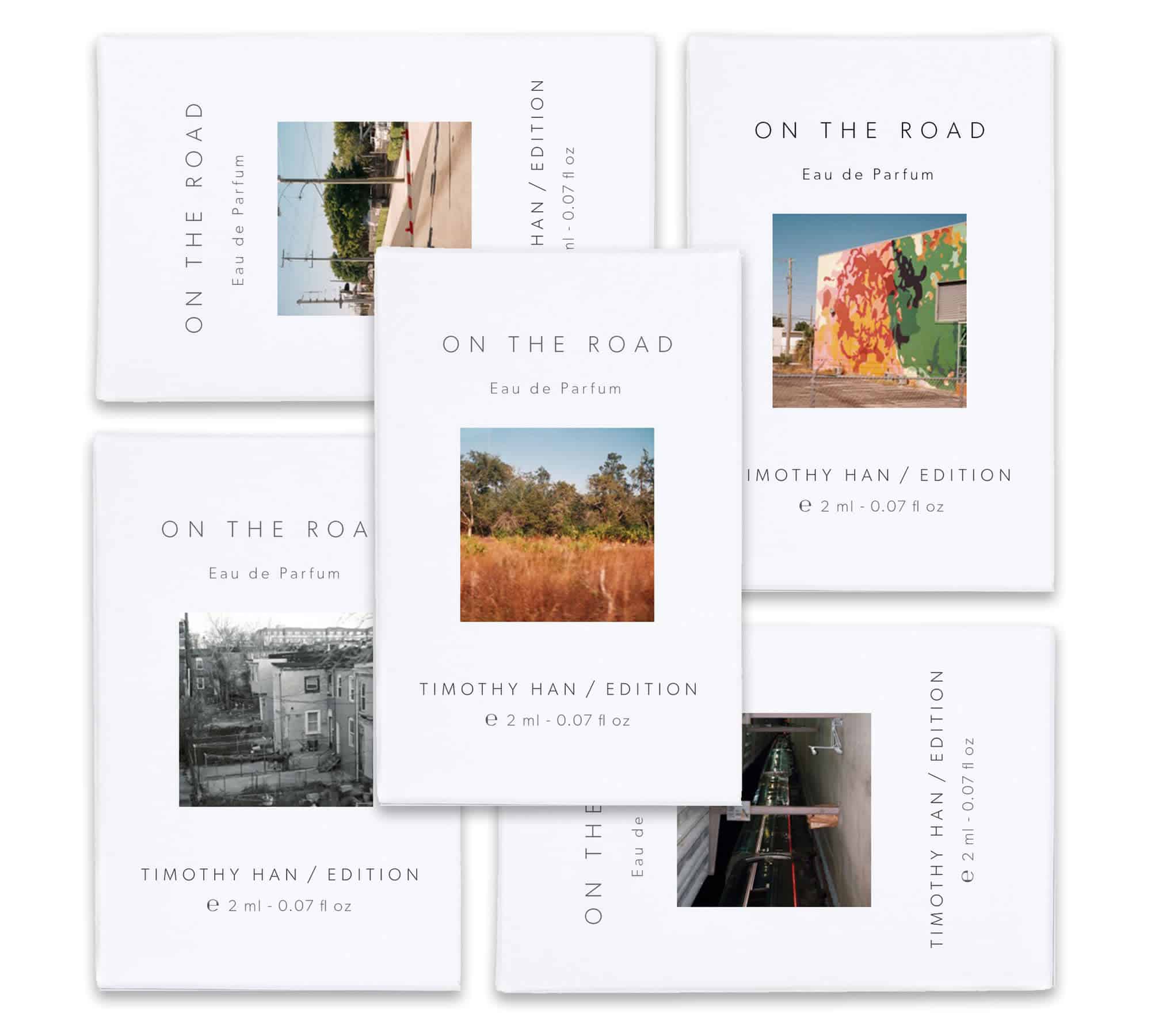
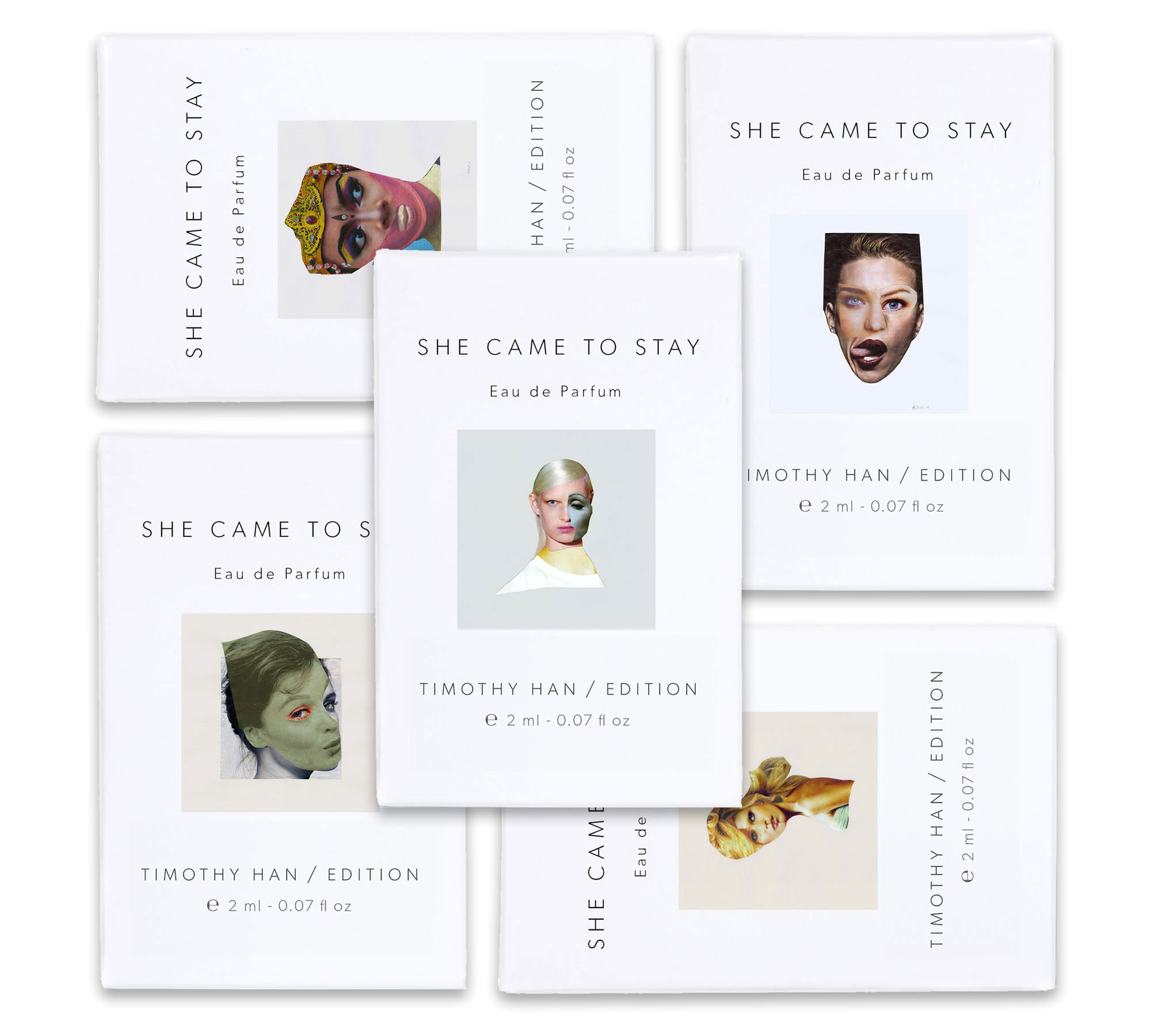
Header image via
